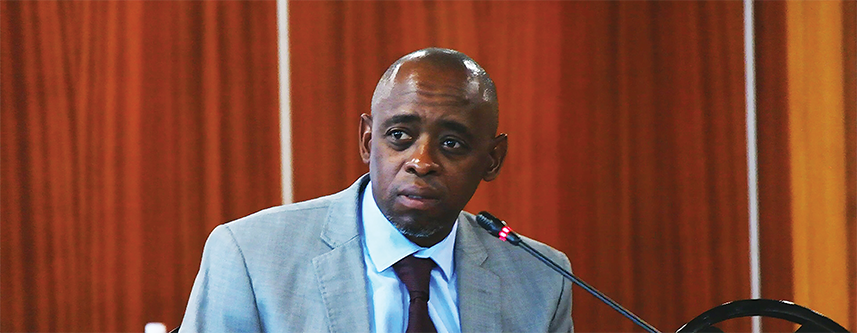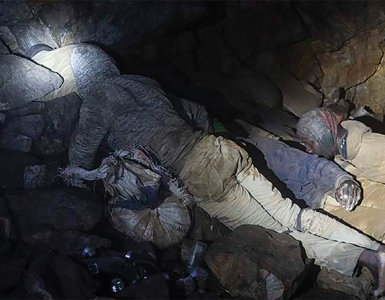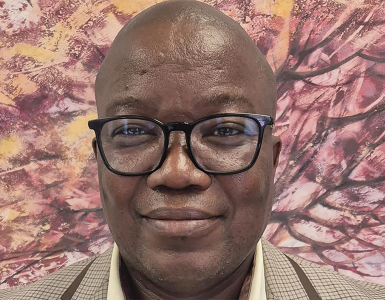ENTERPRISE: The agency reports strong financial turnaround and record research impact on SMME development in 2024/25…
By Priscilla Malinga
More than 500 small, medium and micro enterprises (SMMEs) benefited from support programmes spearheaded by the Council for Scientific Industrial Research (CSIR) during the last financial year.
This is one of the activities reported by the CSIR chief executive Thulani Dlamini in a recently released annual financial report, which highlights the organisation’s strongest performance years to date – a net profit of R40.62 million surpassing nearly all of its research and innovation targets for the 2024/25 financial year.
Dlamini said the 500 small, medium and micro enterprises (SMMEs) received support through the Regional Innovation Support Programme (RISP), which was funded by the Department of Science, Technology and Innovation and hosted by the CSIR. This support led to several innovations, including a smart farming application and an automatic pill-dispensing device.
The automatic medication dispenser for the elderly was designed and funded with RISP support by a youth-led team based in Tshwane, Gauteng. RISP aims to strengthen South Africa’s innovation ecosystem by targeting under-served townships and rural areas, and is a key partnership involving regional stakeholders – government, industry, research institutions, civil society and technology-focused SMMEs to address local development priorities through innovation.
Entrepreneurs in fields such as additive manufacturing, cybersecurity and app development received training. Provincial innovation challenges and hackathons incentivised youth-led solutions in sectors such as healthcare, agriculture and public safety, with top ideas receiving funding and development support.
The report highlights several major achievements:
• Partnered with government in efforts to implement standardised, modern architectural design guidelines for minibus taxi rank developments in Gauteng;
• Support for 23 small, micro and medium enterprises (SMMEs) in developing and marketing high-quality, regulatory-compliant, safe, effective and affordable cannabis products for local and international markets;
• Developed a blockchain-based platform that integrates emerging and small-scale farmers into commercial supply chains. It supports an ecosystem of players within the supply network and has been piloted for poultry farmers in Limpopo; and
• Designed and built a next-generation radar system to help safeguard the country’s borders and infrastructure.
Thus, he said, CSIR was on course with its mandate to contribute to the country’s re-industrialisation and its commitment to strengthening the country’s scientific and technological capabilities. The organisation’s key role is to drive socioeconomic transformation through research, development and innovation to support government programmes.
Expanding on the financial results, Dlamini said this showing marked a major turnaround for the organisation, which had initially projected a loss of R67.6 million. The results reflected the organisation’s growing role in South Africa’s re-industrialisation and its commitment to strengthening the country’s scientific and technological capabilities, he said.
The CSIR achieved 29 out of 31 key performance indicators, including:
• An 11% increase in local technologies developed,
• 17% more joint technology development agreements with industry,
• 22% growth in government and state-owned entity projects,
• A 27% rise in research publications, and
• 31% more chief researchers leading scientific work.
Dlamini attributed this growth to deepening partnerships with industry, government departments and universities. Among the year’s standout projects were predictive models for the 2024 national and provincial elections, new environmental frameworks for South Africa’s green hydrogen sector, and concepts to transform township taxi ranks into economic hubs.
Despite reduced parliamentary grant funding, the CSIR significantly exceeded financial expectations. Public sector work made up 64% of revenue, above the 58% target, while private sector and international income contributed 7% and 10% respectively.
“The CSIR has demonstrated that sustainability and impact can go hand in hand,” said Dlamini. “We remain focused on delivering value to both government and industry.”
The CSIR invested R11 million in staff development and grew its workforce to 2 298 employees, 70% of whom were scientists, engineers and technologists. Transformation also remained central: 73% of SET staff are black South Africans and 40% are women.
The organisation maintained its Level 1 BBBEE status, upheld an excellent safety record with a 0.12 incident rate, and once again received a clean audit from the Auditor-General—underscoring a strong culture of accountability and compliance.
Dlamini said the CSIR was well-positioned to deepen its impact over the coming years.
“We will continue to harness science and technology to build a better future for all South Africans,” he said.


































